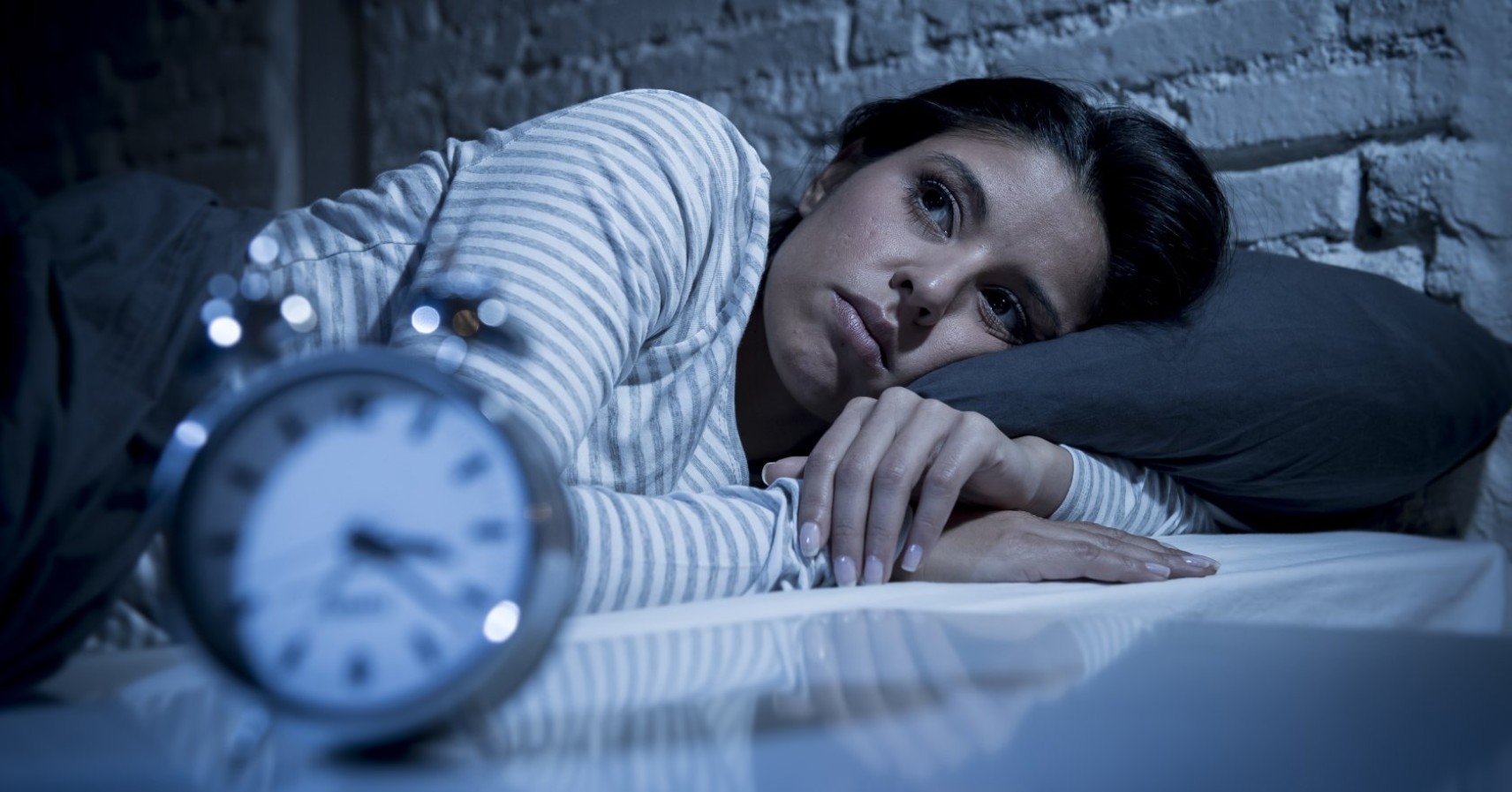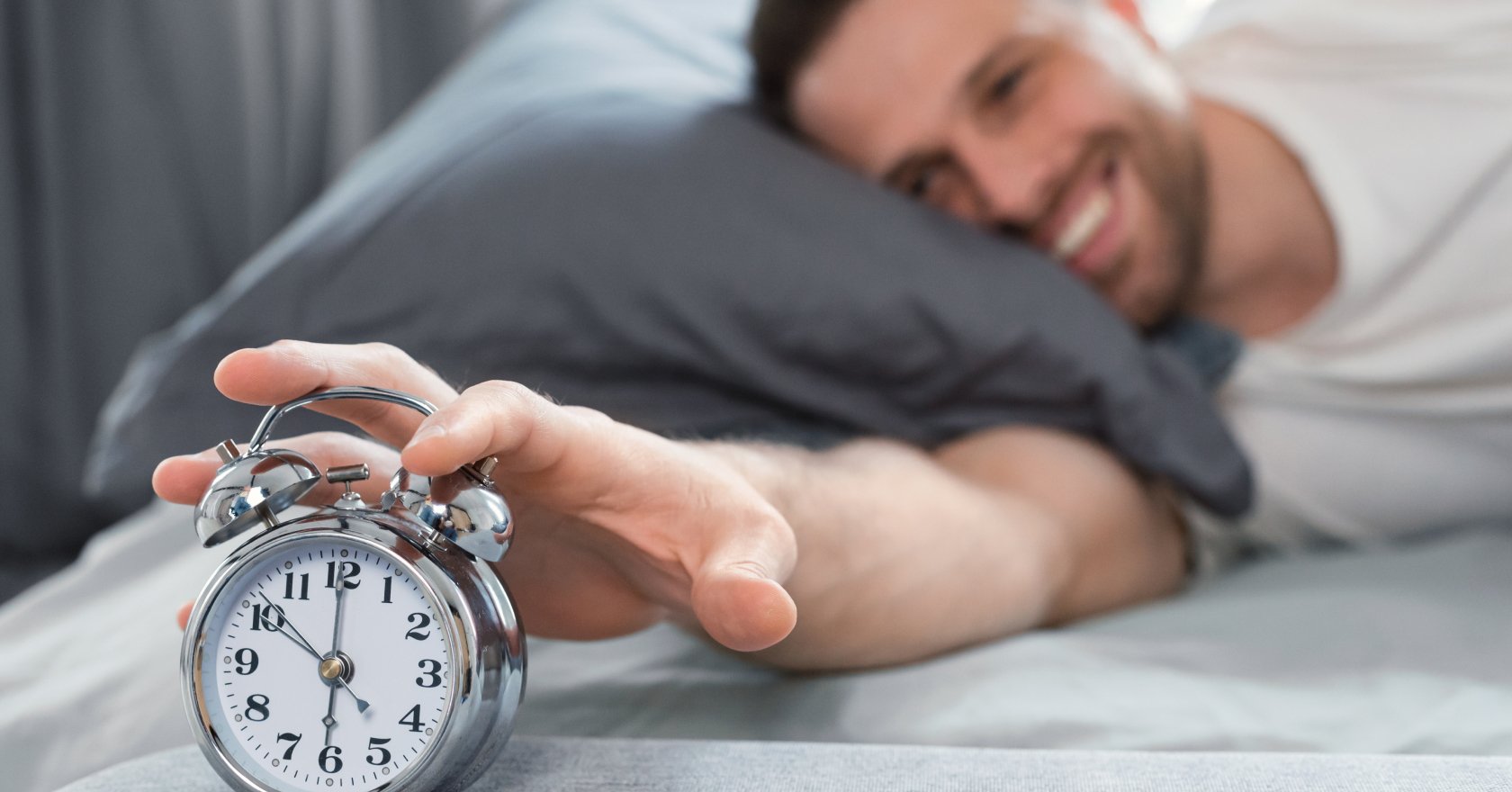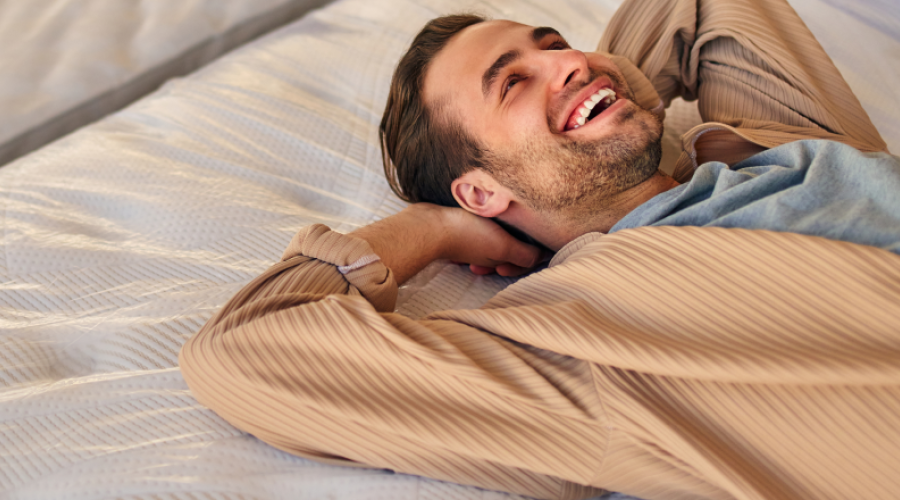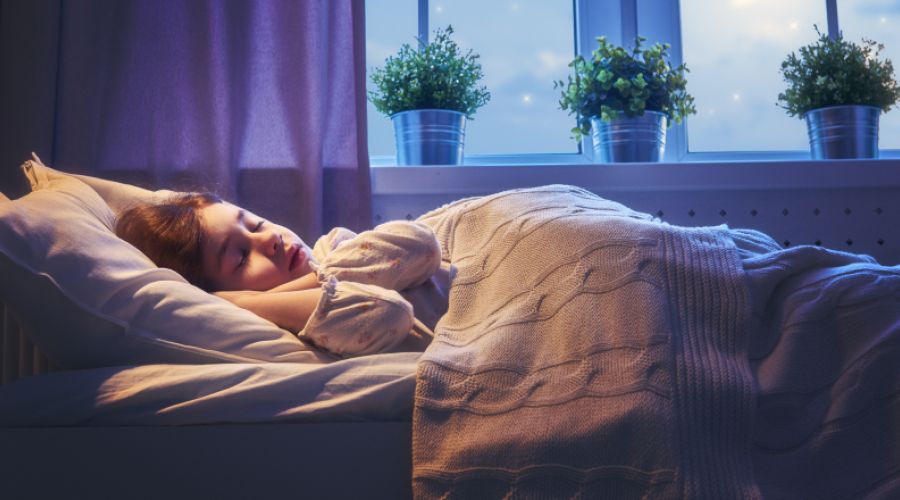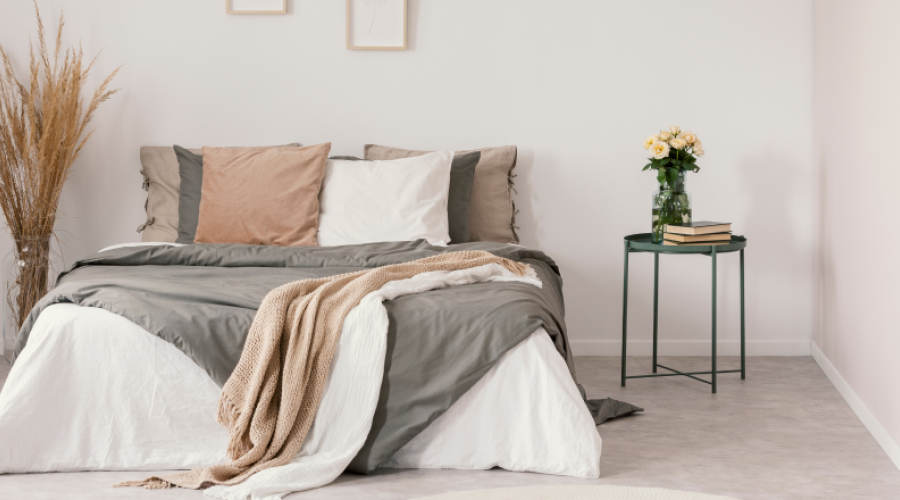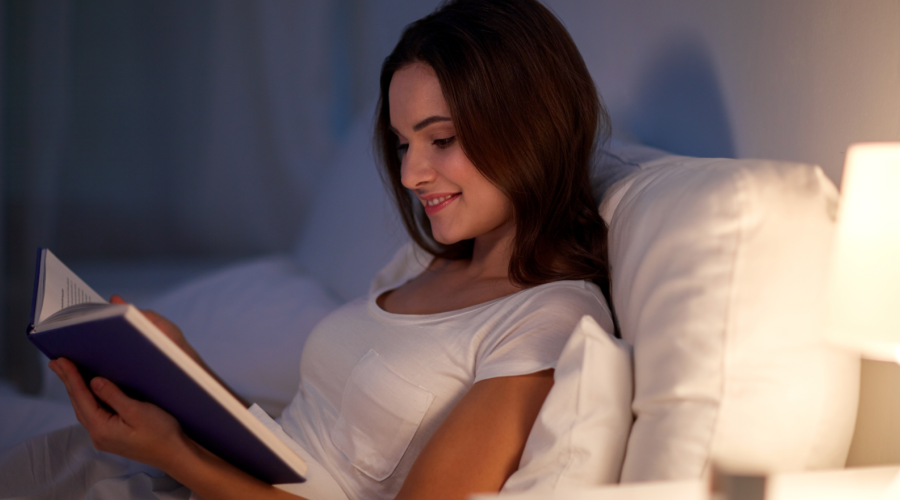Terms and Conditions
Please read these terms and conditions of use carefully before using this website.
Welcome to our website. If you continue to browse and use this website you are agreeing to comply with and be bound by the following terms and conditions of use, which together with our privacy policy and website disclaimer, govern our relationship with you in relation to your use of this website.
By using this website, you signify your acceptance of these terms and conditions of use. For the purposes of these terms and conditions, “Us”, “Our” and “We” refers to Bedshed Franchising Pty Ltd as trustee for The Bedshed Trust ABN 516 897 525 90 and where applicable, Bedshed Franchise Owners and Bedshed stores and “You” and “Your” refers to you, the client, visitor, website user or person using our website.
Amendment of terms
We reserve the right to change, modify, add or remove portions of these terms at any time. Please check these terms regularly prior to using our website to ensure you are aware of any changes. We will endeavour to highlight any significant or substantive changes to you where possible. If you choose to use our website then we will regard that use as conclusive evidence of your agreement and acceptance that these terms govern your and our rights and obligations to each other.
Limitation of liability
It is an essential pre-condition to you using our website that you agree and accept that we are not legally responsible for any loss or damage you might suffer related to your use of the website, whether from errors or from omissions in our documents or information, any goods or services we may offer or from any other use of the website. This includes your use or reliance on any third party content, links, comments or advertisements. Your use of, or reliance on, any information or materials on this website is entirely at your own risk, for which we shall not be liable.
It shall be your own responsibility to ensure that any products, services or information available through this website meet your specific, personal requirements. You acknowledge that such information and materials may contain inaccuracies or errors and we expressly exclude liability for any such inaccuracies or errors to the fullest extent permitted by law.
Competition and consumer act
For the purposes of Schedule 2 of the Australian Consumer Law, in particular Sections 51 to 53, 64 and 64A of Part 3-2, Division 1, Subdivision A of the Competition and Consumer Act 2010 (Cth), our liability relating to the supply of any products or services under these terms and conditions is limited to: the supplying of the goods or services to you again; the replacement of the goods; or the payment of the cost of having the goods or services supplied to you again.
Purchase of goods
You must be over 18 years of age to use this website and to purchase any goods or services.
Any information provided on our website including information in relation to goods or services (including the prices for the goods or services) does not constitute an offer to sell but an invitation to treat only, and is subject to the availability of the goods or services, which may change from time to time.
By placing an order using the website, you are offering to purchase the product or service at the price specified (plus any delivery charges or other applicable charges payable by you). We will accept your offer only after confirmation of full payment for the product or service.
At any time, we may, in our absolute discretion, reject or cancel any order we receive for any reason, including but not limited to the unavailability of products or services, an error in the price or the description of the products or services on the website or an error in an order placed by you. In such case, we may refund you for any amounts that you have paid for the cancelled order.
Pricing and payment of goods
All prices for the products and services detailed on our website are in Australian dollars and include goods and services tax (GST) where applicable.
We reserve the right to vary the prices of goods on our website without prior notice.
All payments must be made by the methods specified on our website which currently includes approved credit cards and PayPal.
Delivery of goods
All goods must be paid for in full, and all payments cleared, before we will deliver the goods.
Prices shown on the website exclude delivery fees. You will be advised of the applicable delivery fees when completing your online order.
Goods may be delivered by Australia Post and/or other reputable courier companies.
Bulky Goods:
Delivery of bulky goods will be made at a day and time agreed upon by both parties, once the products are available in store (if awaiting back order). While we try to provide delivery times that are as accurate as possible, sometimes delays occur which are beyond our control. We undertake to advise you when such delays do occur, as soon as we are advised.
Small Items:
Delivery of smaller items by Australia Post or other reputable courier companies will be made between 2 to 14 days from the date of purchase.
Damaged or lost orders should be resolved with Australia Post or the courier company directly and we are not responsible for goods that are damaged in transit or not received. Replacement of damaged or lost items is made at our absolute discretion.
Delivery of goods does not include installation or assembly. If required, installation and assembly of goods should be pre-arranged and additional charges will apply.
Returns and refunds
You should examine all goods on or as soon as possible after delivery. Any faulty, defective or damaged goods should be immediately reported to us.
We handle returns and process refunds in accordance with the Australian Consumer Law.
You are entitled to a replacement or refund for a major failure and for compensation for any other reasonably foreseeable loss or damage. You are also entitled to have the goods repaired or replaced if the goods fail to be acceptable quality and the failure does not amount of a major failure. We do not refund for change of mind. Any refunds will be managed by the store of purchase.
Links to other websites
We may from time to time provide on our website, links to other websites, advertisements and information on those websites for your convenience. This does not necessarily imply sponsorship, endorsement, or approval or arrangement between us and the owners of those websites. We take no responsibility for any of the content found on the linked websites.
Our website may contain information or advertisements provided by third parties for which we accept no responsibility whatsoever for any information or advice provided to you directly by third parties. We are making a ‘recommendation’ only and are not providing any advice nor do we take any responsibility for any advice received in this regard.
Disclaimer
To the fullest extent permitted by law, we absolutely disclaim all warranties, expressed or implied, including, but not limited to, implied warranties of merchantability and fitness for any particular purpose. We give no warranty that the goods or services will be free of errors, or that defects will be corrected, or that our website or its server is free of viruses or any other harmful components.
Whilst we, at all times endeavour to have the most accurate, reliable and up-to-date information on our website, we do not warrant or make any representations regarding the use or the result of the use of any document, product, service, link or information in its website or as to their correctness, suitability, accuracy, reliability, or otherwise.
It is your sole responsibility and not our responsibility to bear any and all costs of servicing, repairs, or correction. The applicable law in your state or territory may not permit these exclusions, particularly the exclusions of some implied warranties. Some of the above may not apply to you but you must ensure you are aware of any risk you may be taking by using this website or any products or services that may be offered through it. It is your responsibility to do so.
Your privacy
We are committed to protecting your privacy. We use the information we collect about you to maximize the goods and services that we provide to you. We respect the privacy and confidentiality of the information provided by you and adhere to the Australian Privacy Principles. Please read our separate Privacy Policy carefully.
You may change your details at any time by advising us in writing via email. All information we receive from our customers is protected by our secure servers. Our secure servers software encrypt all customer information before it is sent to us. Furthermore, all customer data collected is secured against unauthorized use or access. Credit card information is not stored by us on our servers.
Third parties
We do not and will not sell or deal in personal or customer information. We may however use in a general sense without any reference to your name, your information to create marketing statistics, identify user demands and assist in meeting customer needs generally. In addition, we may use the information that you provide to improve our website and goods and services but not for any other use.
Disclosure of information
We may be required, to disclose information in the following circumstances: as required by law or by a court; to enforce the terms of any of our customer agreements; or to protect the rights, property or safety of our customers or third parties.
Exclusion of competitors
If you are in the business of supplying similar goods or services as those supplied by Bedshed then you are a competitor of Bedshed. We expressly exclude and do not permit you to copy or download any documents or information from our website or obtain any such documents or information through a third party. If you breach this term then we will hold you fully responsible for any loss that we may sustain and further hold you accountable for all profits that you might make from such unpermitted and improper use. We reserve the right to exclude and deny any person access to our website, services or information in our sole discretion.
Copyright, trademark and restrictions of use
This website contains material which is owned by or licensed to us. This material includes, but is not limited to, the design, layout, look, appearance, trademarks and graphics. You are not permitted to reproduce the documents, information or materials on the website for the purposes of sale or the use by any third party. In particular you are not permitted to republish, upload, transmit electronically or otherwise or distribute any of the materials, documents or products that may be available for download from time to time on this website.
We expressly reserve all copyright and trademark rights in all documents, information and materials on our website and we reserve the right to take action against you if you breach any of these terms.
Any redistribution or reproduction of part or all of the contents in any form is prohibited other than the following: you may print or download extracts for your personal and non-commercial use only; and you may copy the content to individual third parties for their personal use, but only if you acknowledge the website as the source of the material.
You may not, except with our express written permission, distribute or commercially exploit the content. Nor may you transmit it or store it in any other website or other form of electronic retrieval system.
Whole agreement
These terms and conditions represent the whole agreement between you and us concerning your use and access to our website and your use and access to the documents and information on it. No other term is to be included in these terms and conditions except where it is required to be included by any legislation of the Commonwealth or any State or Territory. All implied terms except those implied by statute and which cannot be expressly excluded are hereby expressly excluded.
Exclusion of unenforceable terms
Where any clause of these terms and conditions would by any applicable statute be illegal, void, or unenforceable in any State or Territory then such clause shall not apply in that State or Territory and shall be deemed never to have been included in these terms and conditions in that State or Territory. Such a clause if legal and enforceable in any other State or Territory shall continue to be fully enforceable and part of these terms and conditions in those other States and Territories. The deemed exclusion of any clause pursuant to this paragraph shall not affect or modify the full enforceability and construction of the other clauses of these terms and conditions.
Jurisdiction
These terms and conditions and this website are subject to the laws of WA and Australia. If there is a dispute between you and us that results in litigation then you must submit to the jurisdiction of the courts of WA.
WA Seniors Card Terms & Conditions
Free delivery and installation is only available to WA Seniors Card holders for delivery within 20km from the store of purchase, when purchasing in store.
Online orders will receive free delivery upon use of the promotional code. Free installation and assembly not available on online orders.
Standard delivery and installation conditions apply.
Minimum purchase value of $500.
Anything outside of this may incur additional charges. See in store for details.
